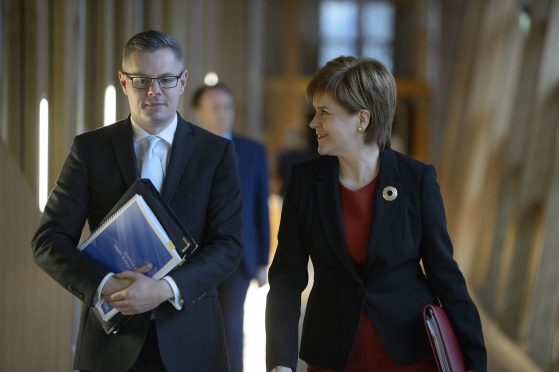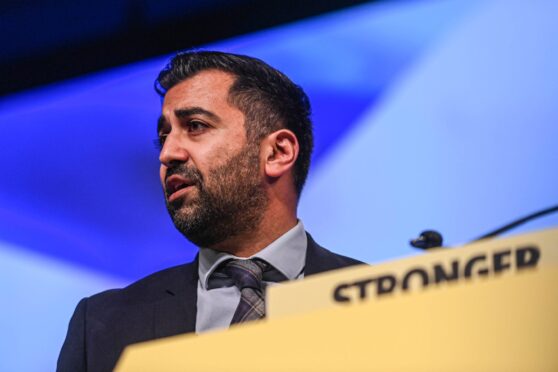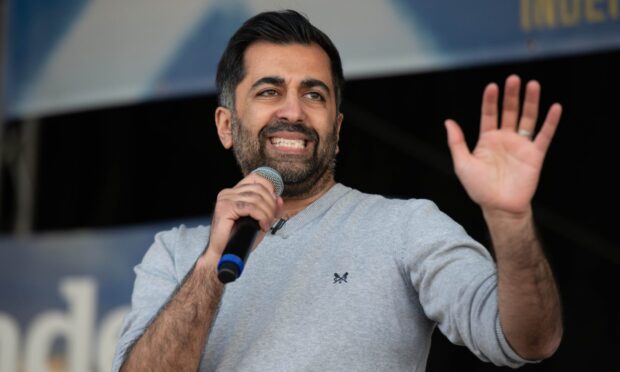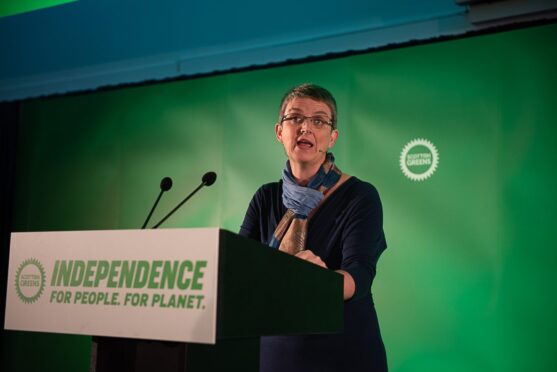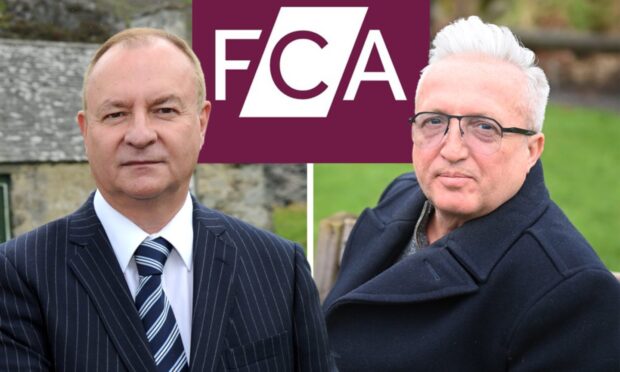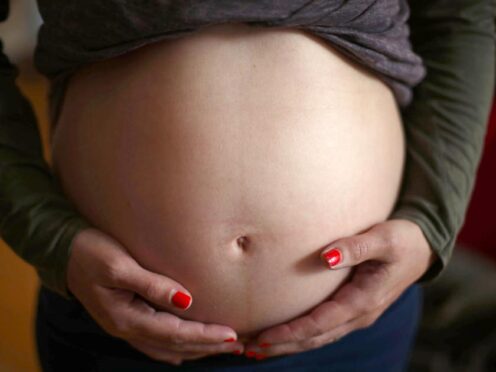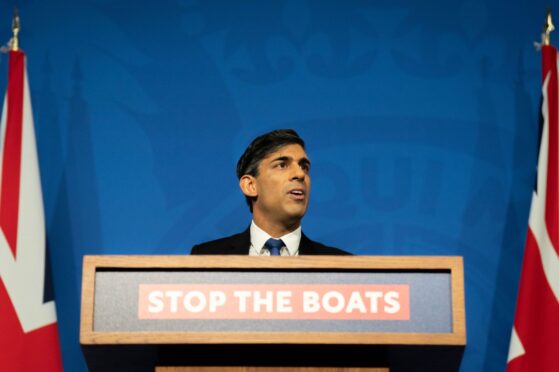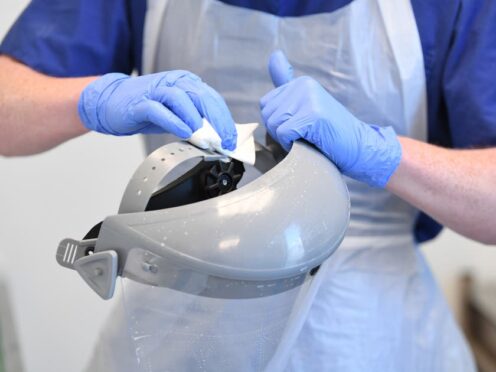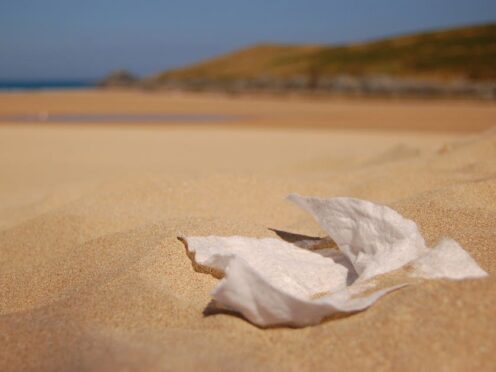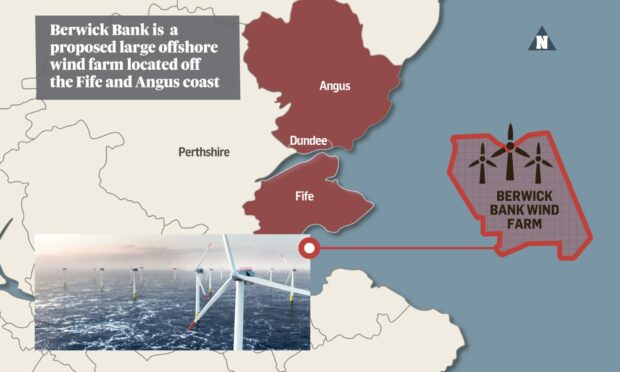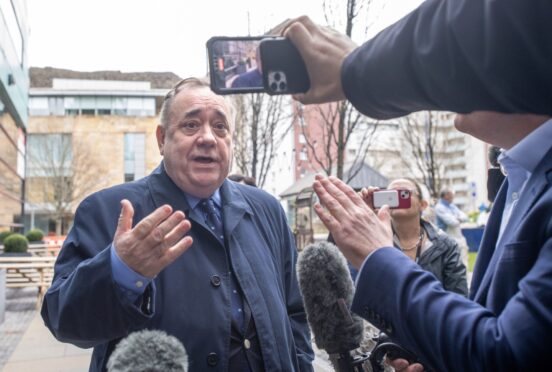Scots face a double tax raid next year amid the spiralling cost of the weekly shop.
Those earning more than £33,000 will see their pay packets shrink following yesterday’s Budget, which also gave the green light for local authorities to increase council tax.
The tax squeeze looks set to be compounded by rising inflation, wage stagnation and a worsening economic outlook.
Finance Secretary Derek Mackay outlined income tax rises to MSPs that will see teachers, train drivers, police officers and paramedics across Courier country paying more in income tax than their English counterparts.
Business groups rounded against the move, saying it will damage the economy.
As well as hiking income tax to raise an extra £164m for the public coffers, Mr Mackay egged on councils to implement a 3% rise, which he freed them to do for the second year in a row.
The co-leader of Fife Council, which is one of the biggest local authorities in Scotland, said they will have to repeat the maximum rise to try and offset the estimated £10m cut to its core grant.
Mr Mackay said the reforms would make the income system tax fairer by forcing better-off people to pay more and reducing the burden on lower earners.
Those earning £25,000 a year will see their tax bill fall by £10, while those on £40,000 will have to cough up an extra £140.
“These decisions have enabled me to reverse the real terms cut that the UK Government has imposed on our resource budget next year, whilst ensuring that Scotland is not just the fairest taxed part of the UK but, for the majority of taxpayers, the lowest taxed part of the UK,” Mr Mackay said.
Scottish Conservative shadow finance secretary Murdo Fraser said nearly half of Scots workers will pay more under the “Nat tax” than if they lived over the border.
“It is a tax on aspiration, a punishment for daring to work hard, and a direct breach of the promise made by the SNP in its election manifesto,” he added.
Andy Willox, from the Federation of Small Businesses in Scotland, said their members “have a real concern about the effect of these changes on household spending power”.
In figures published this week, inflation hit a six-year high of 3.1%, which makes goods and services more expensive.
The tax rises were confirmed at the same time as the Scotland Fiscal Commission released worse-than-feared forecasts for economic growth, with any increases in Scotland predicted to be below 1% until at least 2021.
COSLA, which represents Scottish councils, said local government has been handed a cut of £153 for day-to-day spending, with an £60m slashed for infrastructure projects.
Gail Macgregor, from the umbrella body, said there is “no doubt” those cuts cuts will “impact on the essential services that councils deliver”.
Richard Leonard, the Scottish Labour leader, said the cut for councils’ day-to-day spending comes as councils “need an additional £545 million just to stand still”.
“That’s an effective cut of almost £700m to our lifeline services,” he said. These cuts are not numbers only evident on a spreadsheet. They represent lifelines. They represent lives.”
As promised, Mr Mackay lifted the 1% public sector pay cap, which paves the way for a 3% wage increase for those earning less than £30,000 a year.
Labour’s David Ross, who co-leads Fife Council with the SNP, said they will once again have to impose a 3% council tax rise – and will have to find more cuts to fund for the lifting of the cap.
“With no additional funds the only way we can pay for (public sector pay rises is to cut other services and possibly lose jobs,” Mr Ross said.
The SNP will need the support of another party to ensure the Budget is passed when it goes before MSPs for final vote in February.
The Scottish Greens, who gave the Nationalists the majority they needed last year, are widely tipped to do so again after ministers went ahead with tax rises and mothballed plans to scrap air passenger duty.
Patrick Harvie, the co-leader of the Scottish Greens, said the income tax rises are a “landmark moment” for devolution.
But he said the real-terms cut for councils is “unacceptable”, adding: “The Scottish Government still has work to do to present a budget that we can support.”
